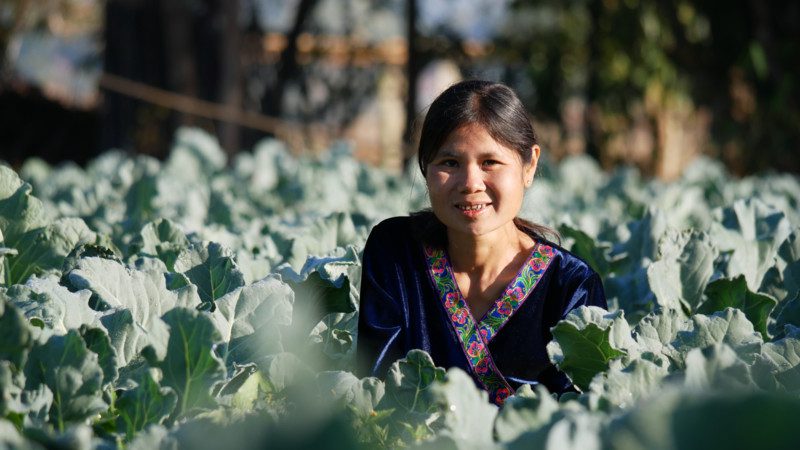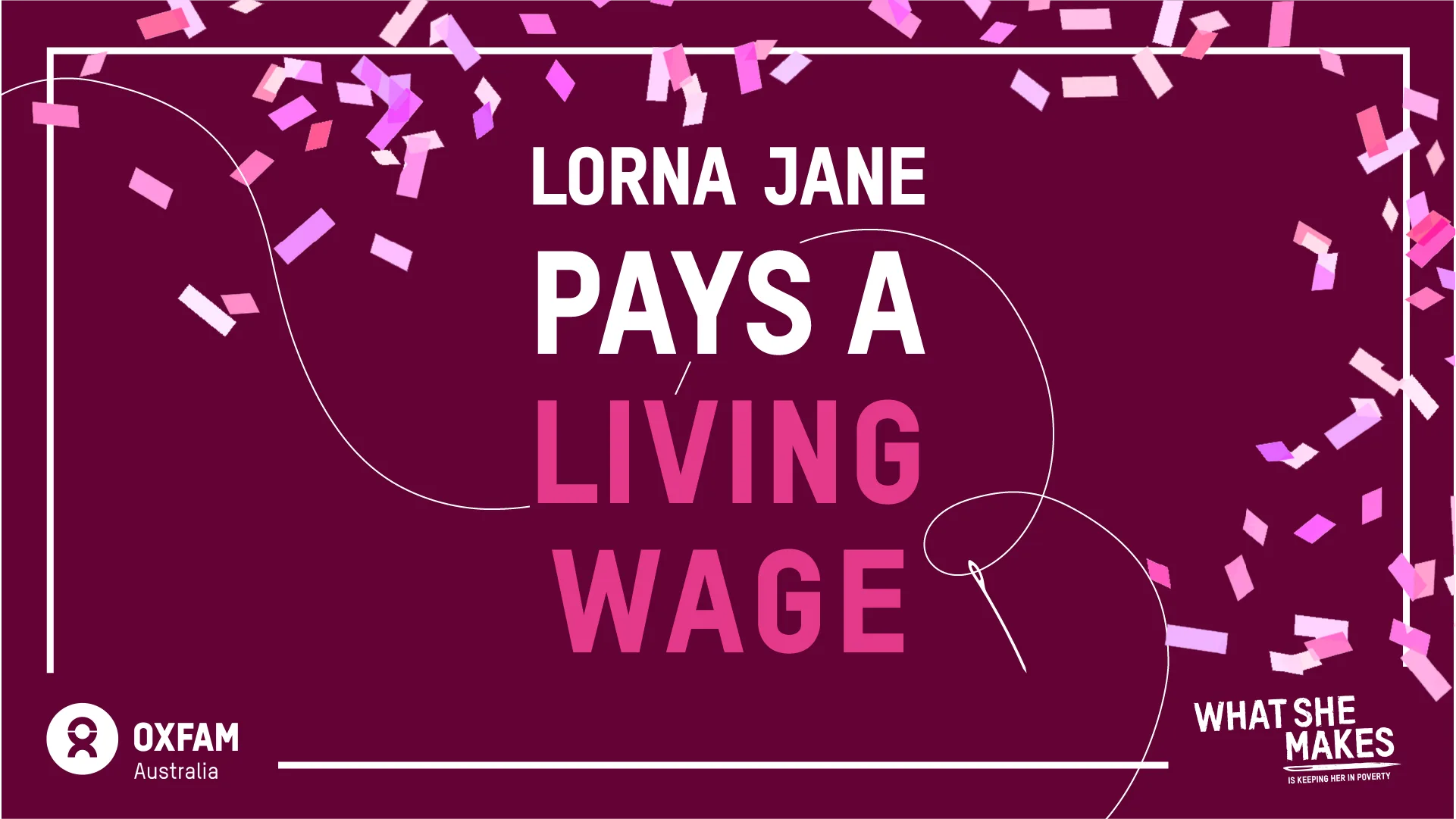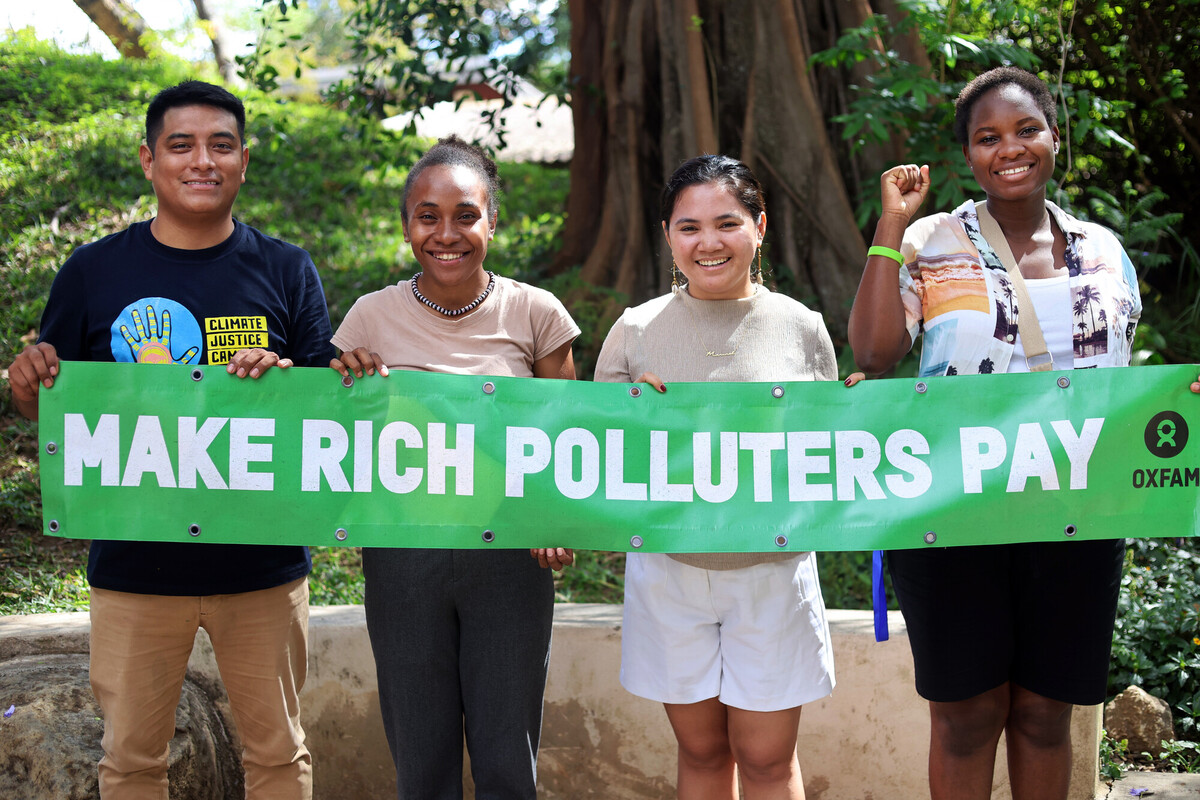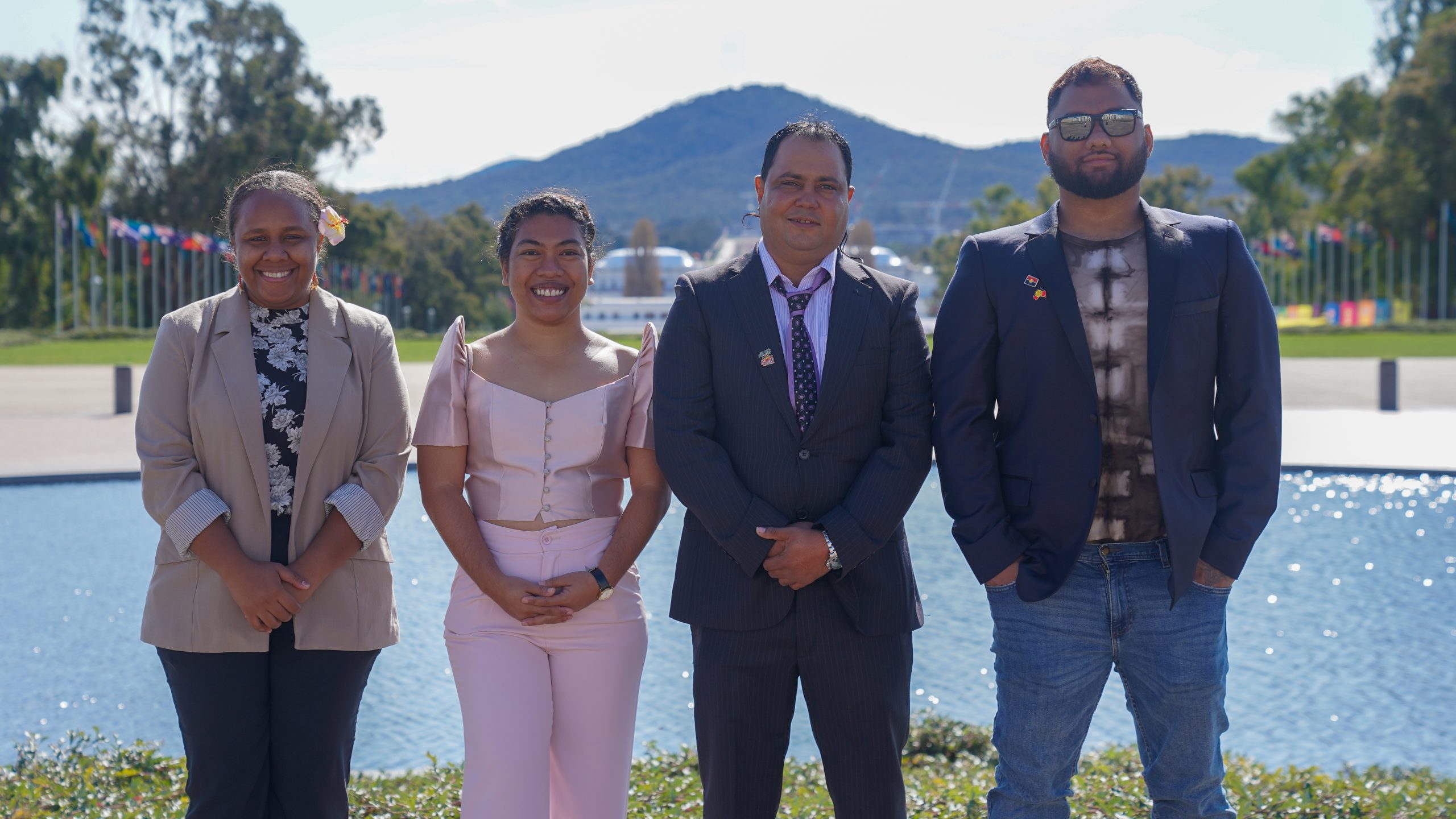Described by some as the “Grand Canyon of the East”, the Salween River is one of the world’s longest free-flowing rivers, spanning thousands of kilometres from the Tibetan Plateau, through China, Myanmar and Thailand. Hemmed in by steep canyon walls, the Salween is rich in biodiversity that sustains the livelihoods of more than 10 million people, representing at least 13 different ethnic groups.
Daw Aye Kyi (pictured) is one of those people.
Before she teamed up with our local partner, Kalyana Mitta Foundation (KMF), Daw Aye lacked confidence. But today, she’s a strong community leader and defender of the Salween River.
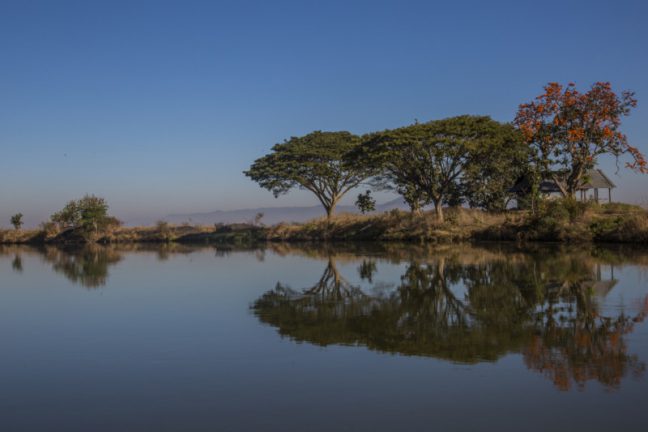
After her divorce at age 36, Daw Aye was ostracised by her neighbours, who looked down on her as she raised her 10-year-old son alone.
It was a hard time for this proud Shan woman — the villagers gossiped about her and refused to accompany her to work. Daw Aye recalls, “Because of the divorce, I felt very depressed and helpless as a woman.”
“I had to return and stay with my parents. After that, my father also passed away — that was quite a blow to me.”
But despite these challenges, Daw Aye didn’t give up. She did her best to ignore the abuse and focused instead on helping others in her community.
When she connected with KMF in 2014, things really started to turn around.
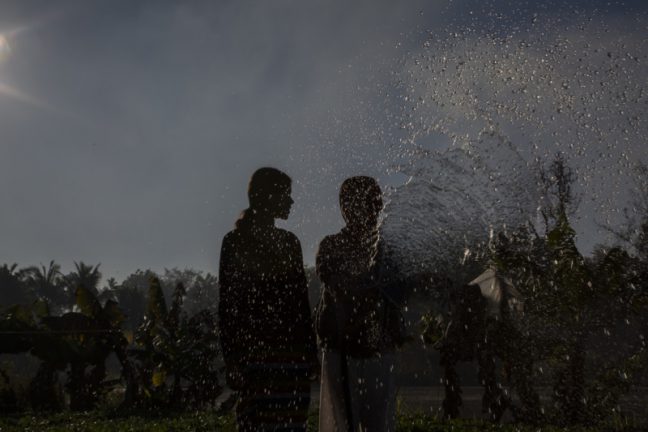
Oxfam partners with KMF in Myanmar to implement the Water Governance program, which aims to ensure equitable use of water resources for all who live along the banks of the Salween River basin — especially women.
The foundation offered Daw Aye practical training to equip her with leadership and financial management skills. She now uses those skills to educate, mobilise and empower other people in her community.
Daw Aye teaches local villagers about land rights and human rights, explaining the impacts of hydropower development projects in their region. In recent years, proposals to dam the Salween River — both upstream in China and downstream in Myanmar — have raised social and environmental concerns all along the river.
The Salween is a vital water source for Daw Aye’s village. She says, “I must say, the Salween River is [very] important for many ethnic groups.”
Local fisheries provide vital dietary protein for communities along the river, and nutrients from the river fertilise nearby farmland and vegetable gardens.
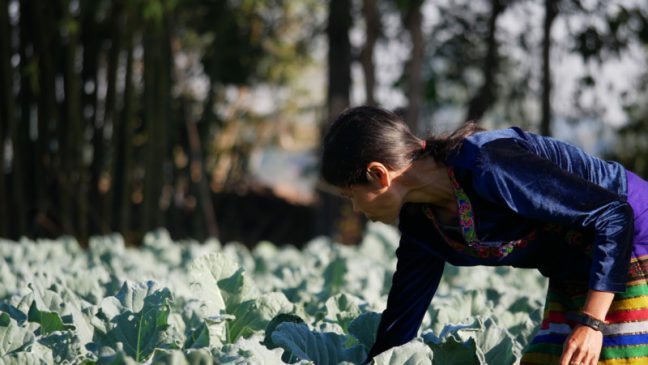
Daw Aye explains, “It is a great source of our daily food because our livelihoods depend on growing vegetables, rice and other crops twice a year, in the summer and the rainy seasons.”
Daw Aye is committed to protecting the river from unchecked development and she urges her neighbours to do the same.
She says, “After many training sessions provided by KMF, I feel very confident leading my community — especially to help [other] Shan ethnic women gain leadership skills.”
With the knowledge she gained from KMF, Daw Aye has earned the villagers’ trust and respect. Once scorned, she is now a source of inspiration, motivating her neighbours to take part in local water resource management.
And water is not the only resource Daw Aye knows how to manage — she has a nose for money too.
The local savings group now relies on Daw Aye’s new financial management skills. In fact, after she taught the savings group how to properly record savings and expenditure, they appointed her as the group leader.
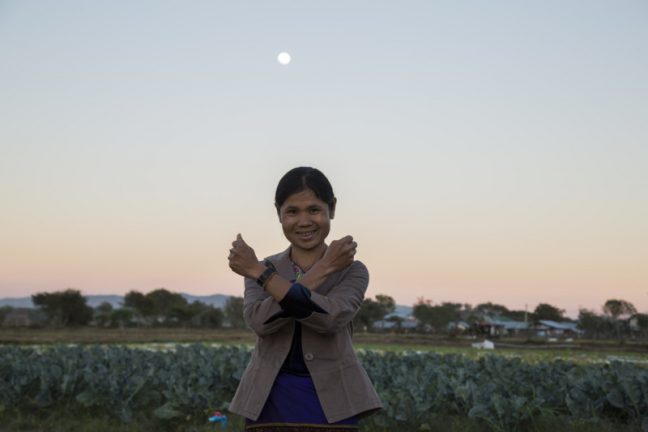
“The villagers of Phasaung township elected me to take a leading role in the community. Even if I wanted to resign, they will not allow me to quit,” she says with a laugh.
Daw Aye’s newfound confidence is contagious. To see her now — so proud and empowered — it’s hard to believe that she was ever not in charge.
Daw Aye has gladly taken part in KMF campaigns, including the recent We Love Salween campaign, which brought attention to the ongoing hydropower project in Kayah State.
She says, “I was involved in the We Love Salween campaign activities, such as distributing umbrellas, mobilising people on the island in the Salween River, and floating the small rafts with wishes and prayers.”
Daw Aye and her neighbours sent little rafts along the Salween to show their love for the free-flowing river, and defy those who want to exploit it.
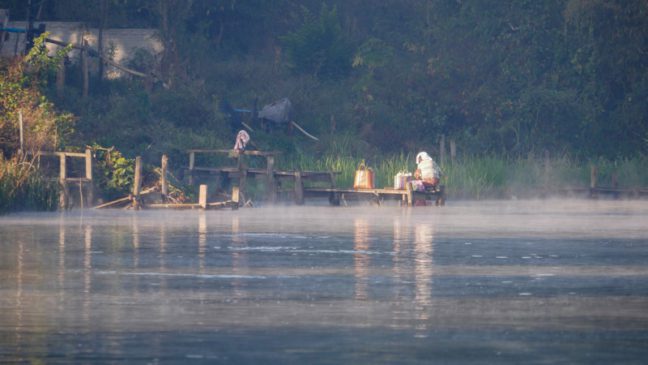
She adds, “I am thankful because organisations like KMF and Oxfam made this campaign happen to promote the awareness, and to love and value the Salween River, and motivate us to maintain the water resources.”
Firm in her belief that her community needs to better understand the impacts of hydropower development projects, Daw Aye rallies her neighbours to demand continuous consultation with hydropower developers.
She says, “As we are all humans, connecting to the Salween River, we have to help each other to keep our Salween safe and free-flowing.”

How you can help
You change the life of someone like Daw Aye today by making a general donation to Oxfam — helping people grow more food, educate their children, and lead healthy, productive lives.
